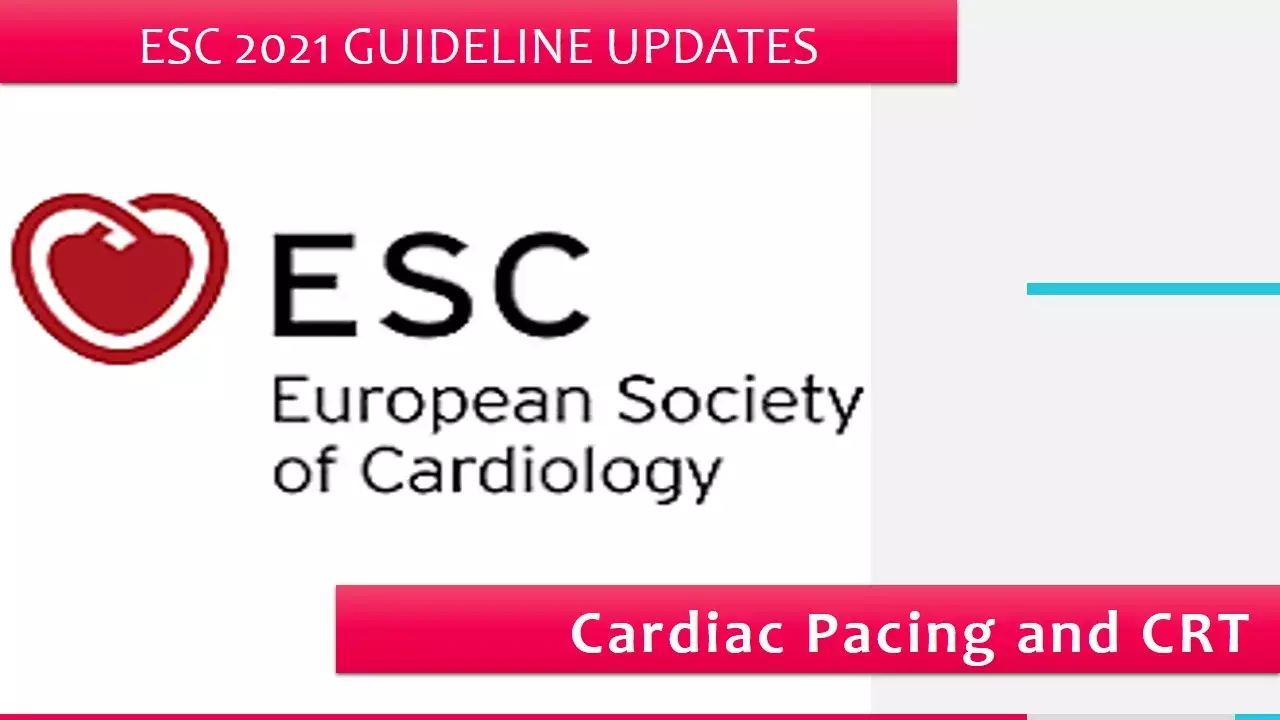- Home
- Medical news & Guidelines
- Anesthesiology
- Cardiology and CTVS
- Critical Care
- Dentistry
- Dermatology
- Diabetes and Endocrinology
- ENT
- Gastroenterology
- Medicine
- Nephrology
- Neurology
- Obstretics-Gynaecology
- Oncology
- Ophthalmology
- Orthopaedics
- Pediatrics-Neonatology
- Psychiatry
- Pulmonology
- Radiology
- Surgery
- Urology
- Laboratory Medicine
- Diet
- Nursing
- Paramedical
- Physiotherapy
- Health news
- Fact Check
- Bone Health Fact Check
- Brain Health Fact Check
- Cancer Related Fact Check
- Child Care Fact Check
- Dental and oral health fact check
- Diabetes and metabolic health fact check
- Diet and Nutrition Fact Check
- Eye and ENT Care Fact Check
- Fitness fact check
- Gut health fact check
- Heart health fact check
- Kidney health fact check
- Medical education fact check
- Men's health fact check
- Respiratory fact check
- Skin and hair care fact check
- Vaccine and Immunization fact check
- Women's health fact check
- AYUSH
- State News
- Andaman and Nicobar Islands
- Andhra Pradesh
- Arunachal Pradesh
- Assam
- Bihar
- Chandigarh
- Chattisgarh
- Dadra and Nagar Haveli
- Daman and Diu
- Delhi
- Goa
- Gujarat
- Haryana
- Himachal Pradesh
- Jammu & Kashmir
- Jharkhand
- Karnataka
- Kerala
- Ladakh
- Lakshadweep
- Madhya Pradesh
- Maharashtra
- Manipur
- Meghalaya
- Mizoram
- Nagaland
- Odisha
- Puducherry
- Punjab
- Rajasthan
- Sikkim
- Tamil Nadu
- Telangana
- Tripura
- Uttar Pradesh
- Uttrakhand
- West Bengal
- Medical Education
- Industry
2021 ESC guideline on Cardiac Pacing and CRT: Conduction system pacing finally joins mainstream and more

The European Society of Cardiology (ESC) Guidelines on cardiac pacing and cardiac resynchronization therapy (CRT) have recently been published online in European Heart Journal.
The document outlines changes in indications and pacing methods that have occurred since 2013 when previous ESC pacing guidelines were published. They include, among others, new approaches to pacing in various situations of fainting that are related to abnormal reflexes originating from the brain (neural mediated fainting).
Several indications for CRT in heart failure have been modified. In addition, there are new sections on pacing after transcatheter aortic valve implantation (TAVI) and following heart operations. A new section covers sex differences, reflecting the fact that pacing indications and complication rates differ between male and female patients.
Numerous concrete recommendations are given on how to reduce complications. For example, preoperative administration of antibiotics within one hour of skin incision is recommended to lower the risk of device-related infection, while chlorhexidine alcohol should be considered to disinfect the skin at the incision site.
The device is placed in a pocket created under the skin and the guidelines state that rinsing this pocket with saline should be considered before wound closure to dilute possible contaminants and eliminate debris.
The new recommendations are as follows:
1. Implantable Loop Recorder has now received a Class I indication for use in patients with infrequent symptoms of syncope suspected to be due o bradycardia.
2. Patients with syncopal symptoms likely to be due to a reflex mechanism are candidates for carotid sinus massage testing as a Class I indication while Tilt table test for this scenario is a Class IIa indication.
3. For bradycardia attributable symptoms during or after exertion, exercise testing is a Class I indication.
4. Cardiac pacing (preferably dual chamber) is now indicated for symptomatic sinus pauses >3sec, asymptomatic pauses >6sec, cardioinhibitory carotid sinus syndrome and asystolic syncope during tilt testing- Class I.
5. CRT-D has received a Class I indication for candidates ICD who also require cardiac resynschronization.
6. Also candidates who previously had a pacemaker implanted and have now developed a symptomatic HF with EF<35% despite OMT, CRT is recommended as a Class I (instead of previous IIa) recommendation.
7. For the first time, HIS bundle pacing has been recommended as a Class IIa recommendation when coronary sinus lead placement fails during CRT.
8. The latest guidelines also provide a IIa recommendation to leadless pacemaker use in situations like poor upper extremity access or high risk of pocket infections.
9. For significant bradyarrhythmias following acute MI, a waiting period of 5 days before pacemaker consideration has been recommended.
10. Similarly post TAVI, a waiting period of 24-48 hours is recommended before proceeding for pacemaker implantation.
Guidelines task force chairperson Professor Jens Cosedis Nielsen of Aarhus University, Denmark said: "The guidelines emphasise the importance of patient-centred care and shared decision-making between patients and clinicians both preoperatively and during follow-up. Topics of education are outlined to help patients make informed choices. Decisions on the type of pacemaker therapy should be based on the best available scientific evidence, risk-benefit judgements of the treatment options, and the patient's preferences and goals of care."
Source: European Heart Journal, ehab364, https://doi.org/10.1093/eurheartj/ehab364
MBBS, MD , DM Cardiology
Dr Abhimanyu Uppal completed his M. B. B. S and M. D. in internal medicine from the SMS Medical College in Jaipur. He got selected for D. M. Cardiology course in the prestigious G. B. Pant Institute, New Delhi in 2017. After completing his D. M. Degree he continues to work as Post DM senior resident in G. B. pant hospital. He is actively involved in various research activities of the department and has assisted and performed a multitude of cardiac procedures under the guidance of esteemed faculty of this Institute. He can be contacted at editorial@medicaldialogues.in.
Dr Kamal Kant Kohli-MBBS, DTCD- a chest specialist with more than 30 years of practice and a flair for writing clinical articles, Dr Kamal Kant Kohli joined Medical Dialogues as a Chief Editor of Medical News. Besides writing articles, as an editor, he proofreads and verifies all the medical content published on Medical Dialogues including those coming from journals, studies,medical conferences,guidelines etc. Email: drkohli@medicaldialogues.in. Contact no. 011-43720751


